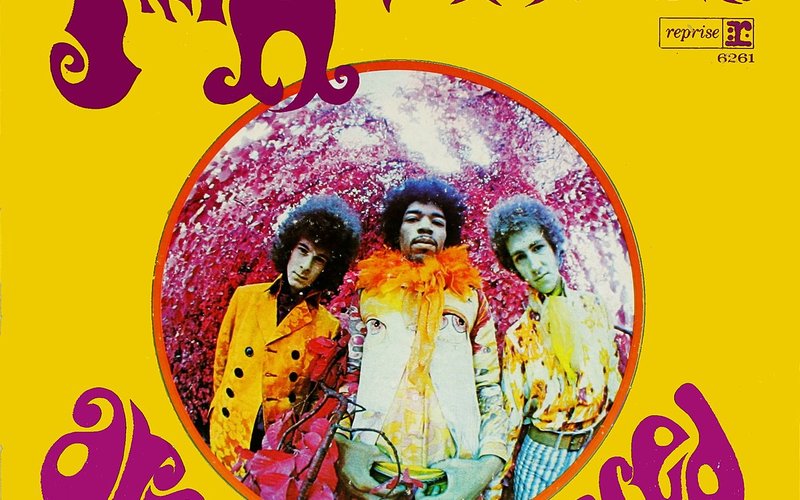
KEXP's Sound & Vision airs every Saturday morning from 7-9 AM PT, featuring interviews, artistry, commentary, insight, and conversation to that tell broader stories through music, and illustrate why music and art matter. You can also hear more stories in the new Sound & Vision Podcast. New episodes are out every Tuesday. Subscribe now.
Listen to the podcast version of this story at the 14:30 mark on the player below.
“Are You Experienced is the best Northwest album of all time,” says Charles Cross, the Seattle based music journalist and New York Times bestselling author of Room Full of Mirrors: A Biography of Jimi Hendrix. Cross even takes it a bit farther and says the album is “the best Northwest album that anyone associated with the Northwest will ever do, period.”
The 1967 album, which features the iconic songs “Purple Haze,” “Hey Joe,” “Foxy Lady,” and “The Wind Cries Mary,” never made it on the Billboard charts, but became an unprecedented hit on FM radio. The record was recorded while Hendrix was living in London, but Cross believes the album has its roots in the Northwest.
KEXP’s Marco Collins spoke with Cross about Are You Experienced and Hendrix’s history in his birthplace of Seattle. This is part of Sound & Vision’s new series called “Northwest Classics”—where we’ll be diving into iconic albums from the region during the next few weeks.
Vashon Island is home to a surprising number of creatives, including several musicians recognizable on the national and international level. Sound & Vision sent Drew Pine to find out what it is about the island that attracts the creative type.
Sound and Vision host Emily Fox spoke with Singletary about his glass art and how he fuses jazz and funk with indigenous music.
SassyBlack discusses how mental health and Afrofuturism feature on her latest album.